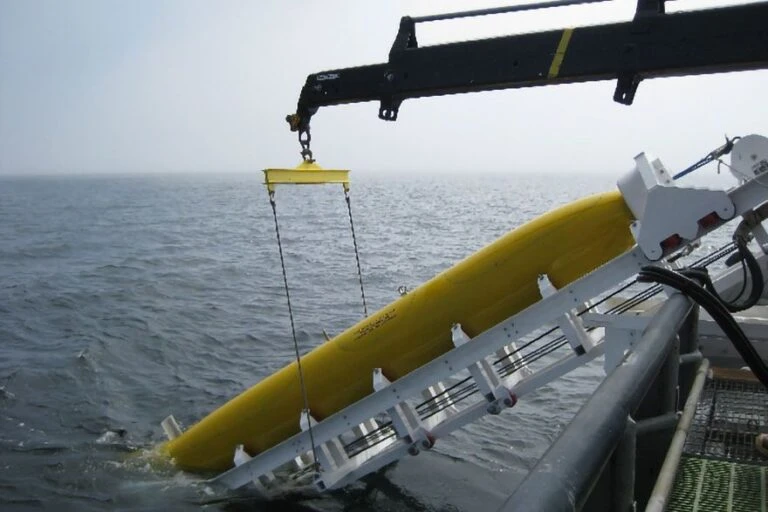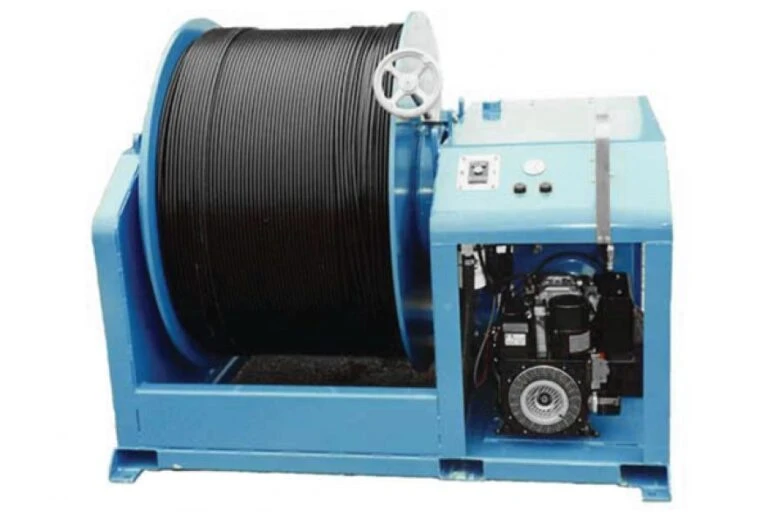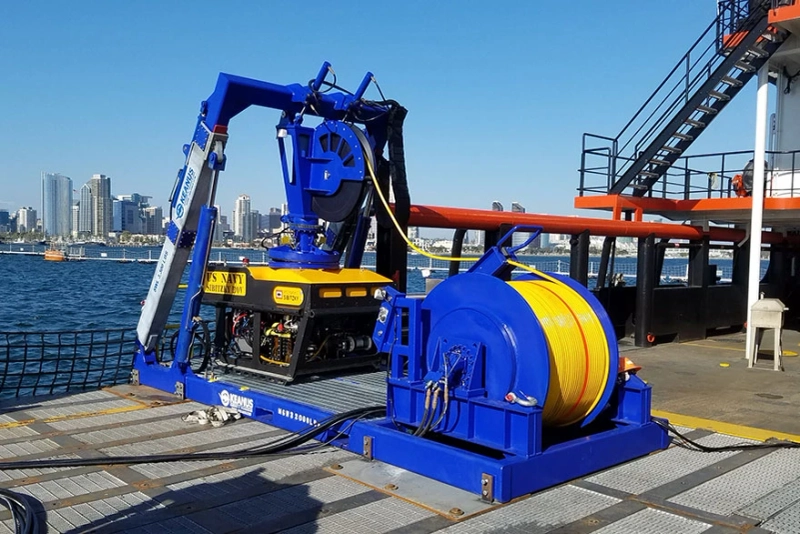Oceanography, or the study of oceans, involves a myriad of experiments, consistent sending and receiving signals, inferring accurate results for the received data, and so on. To ensure that the outcomes are precise and as close as to the accurate ones, marine engineers and geologists have a plethora of equipment units, starting from ROV lights to side sea scans. Most of these equipment units have complex working parts like motion sensors, high beam LEDs, calibration scales, transmitters and receivers, ADC and DAC, etc.
If somehow, any of the parts stops working suddenly, the entire ocean survey equipment will become useless. Since these types of items are exposed to the harshness of the oceans and the atmosphere, they are vulnerable and prone to damage. But when you do not work on routine maintenance, the overall longevity falters by several notches.
As you need to invest in this equipment and its accessories, you must work on their maintenance and safety checks.

What Is The Application Of Ocean Survey Equipment?
Oceanographic instruments are crucial for collecting important data about tides & currents and water quality characteristics such as chemical composition and salinity. Also, many are meant to provide information about weather conditions such as typhoons, hurricanes, and tsunamis. Scientists worldwide utilize the data collected by the range of equipment.
Here Are Some Result-Oriented Tips For Ensuring The Optimal Health And Long Life Of The Survey Equipment Units Used In Oceanography.
Schedule Routine Maintenance Of The Equipment
It is very important to schedule a proper maintenance routine for different oceanographic equipment units like the ROVs, ultra-short baselines, CTD winch, etc. With timely care and inspection, you can mitigate the chances of complete failure of these equipment units.
Regular Calibration And Scale Positioning
In oceanographic equipment pieces having scales, a slight disturbance in the calibration or the scale’s default position will cause errors in the reading. For example, if in a barometer, the pointer has shifted slightly to the left of 0, it means that the instrument has a negative offset. Therefore, you need to deduct this offset to get the right pressure value whatever the reading will be obtained. Owing to this reason, regular calibration and scale positioning need to be done at all costs.
Make Sure To Clean The Saline Deposits
All the equipment units launched underwater need to be cleaned properly using clean water, soap solutions, etc. As they stay in the oceans for a long time, you will often find deposits of white residues at different places, like the poles of a transponder or the screens of ROV lights. This residue is nothing but salt and needs to be removed before it can cause any further damage to the concerned equipment.
Lubricating The Metallic Joints And Hardware Parts
Equipment units like the CTD winch, the sonars, and other hardware elements have the exterior body manufactured from metals like iron, aluminum, and more. As these are likely to get damaged due to consistent corrosion, rusting, and exposure to varying atmospheric conditions, you should keep all the parts lubricated. It will reduce friction and ensure that the concerned equipment works appropriately.
Maintain The Equipment Like A Pro And Get Started With An Oceanography Survey
The ocean survey equipment needs to be done, especially because the elements are exposed to saline water, ocean currents, consistent collisions, varying temperatures, etc. Therefore, ensure that a special team is formed to work on the equipment inspection and maintenance works. Also, publishing scheduled reports on maintenance will help you understand whether the equipment needs repair/replacement or not.



